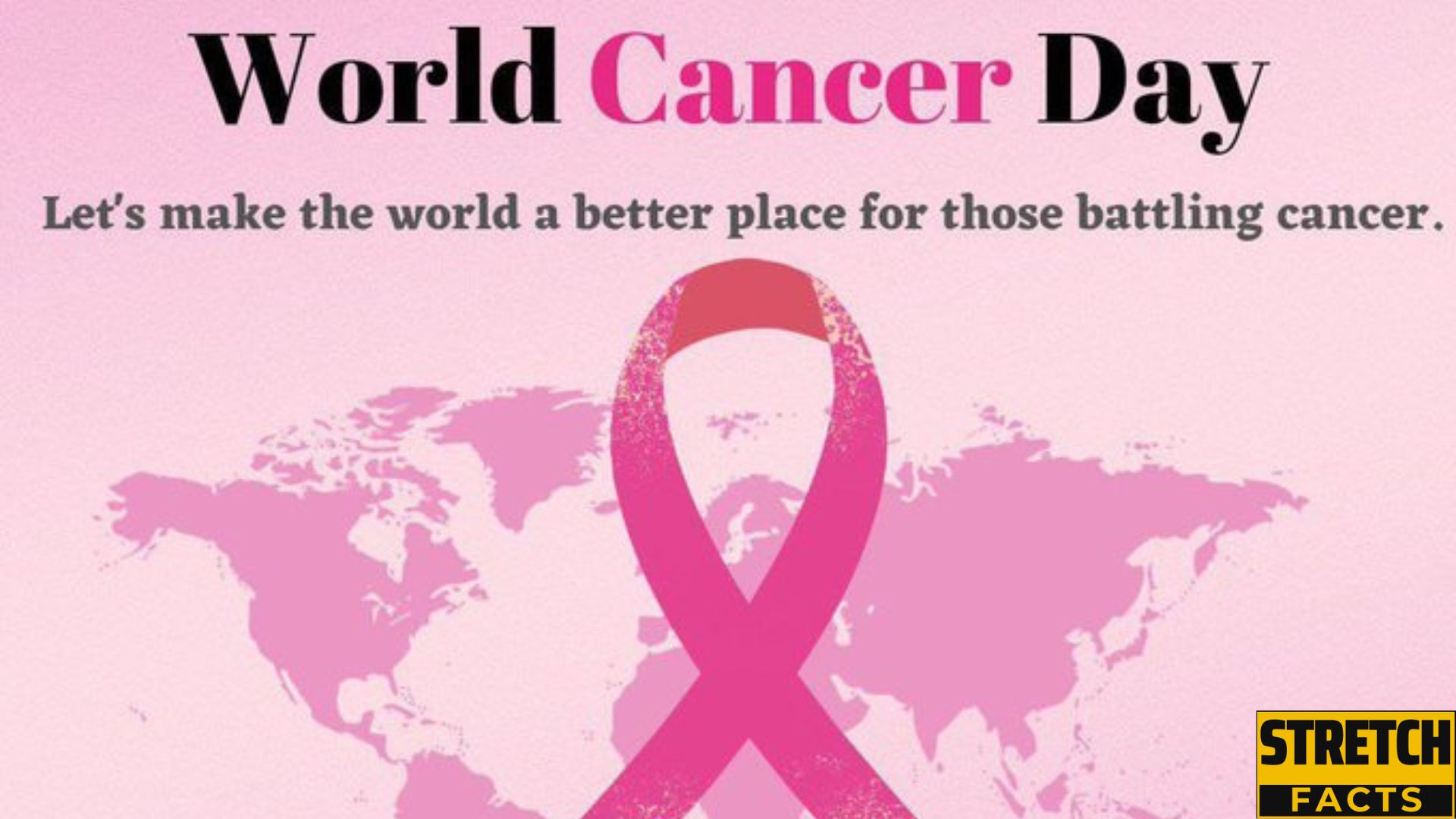World Cancer Day The alarming rise of cancer cases worldwide and in the United States, delve into the factors contributing to this epidemic, including lifestyle choices and systemic disparities, and discover the imperative steps needed to combat cancer on World Cancer Day.
World Cancer Day, observed on February 4th each year, serves as a poignant reminder of the ongoing battle against one of humanity’s greatest health challenges. Cancer, a complex group of diseases characterized by the uncontrolled growth and spread of abnormal cells, continues to exact a heavy toll on individuals, families, and communities around the globe. In this comprehensive examination, we delve into the current landscape of cancer, from its staggering prevalence to the underlying factors driving its proliferation, and outline crucial strategies for prevention, early detection, and equitable treatment.
World Cancer Day
Understanding Cancer:
At the heart of the cancer crisis lies a sobering reality: the sheer magnitude of its prevalence. According to Cancer Research UK, over 18 million cases of cancer were diagnosed worldwide in 2020 alone, with the disease claiming nearly 10 million lives that same year, as reported by the World Health Organization. These figures underscore the urgent need for a deeper understanding of the mechanisms driving cancer development and progression.
The American Perspective:
Nowhere is the impact of cancer more keenly felt than in the United States, where the incidence of this devastating disease continues to climb. Projections from the American Cancer Society paint a troubling picture, with the number of cancer cases expected to surpass 2 million in 2024—a historic high that underscores the urgency of the situation. To put this into perspective, it equates to approximately 5,500 new cancer diagnoses each day across the nation, highlighting the pressing need for concerted action.
Factors Contributing to the Rise:
Several factors contribute to the alarming rise in cancer incidence, chief among them being lifestyle choices and systemic disparities. While advances in screening programs and diagnostic techniques have undoubtedly contributed to earlier detection and diagnosis, the prevalence of modifiable risk factors such as obesity and alcohol consumption cannot be ignored.
The Role of Lifestyle:
Obesity, a widespread public health concern in the United States, is intricately linked to the development of numerous cancers. According to the CDC, obesity is associated with 13 different types of cancer, including breast, endometrial, pancreatic, and kidney cancers—all of which are on the rise. Despite widespread awareness of the health risks associated with obesity, more than 2 in 5 American adults are classified as obese, underscoring the need for targeted interventions and education initiatives.
Alcohol Consumption and Cancer Risk:
Similarly, alcohol consumption poses a significant risk factor for several types of cancer, including breast, prostate, and pancreatic cancers. Despite mounting evidence linking alcohol intake to increased cancer risk, a concerning number of individuals continue to consume alcohol at levels that elevate their susceptibility to the disease. Addressing the root causes of alcohol misuse and promoting healthier habits are essential components of any comprehensive cancer prevention strategy.
Systemic Disparities in Cancer Care:
In addition to lifestyle factors, systemic disparities in access to healthcare and cancer care exacerbate the burden of cancer, particularly among marginalized communities. Racial and ethnic minorities, for example, experience higher rates of cancer incidence and mortality, often due to barriers such as limited access to screening programs, inadequate healthcare infrastructure, and implicit biases within the healthcare system.
Addressing Disparities and Promoting Equity
Closing the gap in cancer outcomes requires a multifaceted approach that addresses the underlying social determinants of health and promotes health equity for all. This includes expanding access to affordable healthcare services, implementing culturally competent care practices, and investing in community-based interventions that empower individuals to take control of their health.
As we commemorate World Cancer Day, let us recommit ourselves to the fight against cancer with renewed vigor and determination. By fostering a deeper understanding of the complex interplay of factors driving cancer incidence, promoting healthier lifestyles, and advocating for equitable access to care, we can work together to reduce the burden of cancer and ensure that all individuals have the opportunity to live full, healthy lives, free from the specter of this devastating disease.
